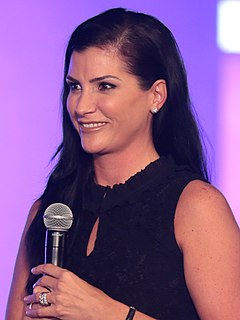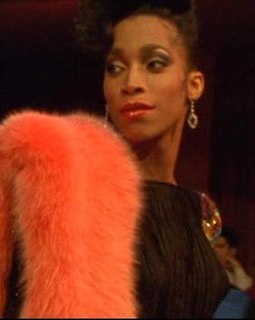A Quote by Ronald Reagan
Protecting the rights of even the least individual among us is basically the only excuse the government has for even existing.
Quote Topics
Related Quotes
Democracy maintains that government is established for the benefit of the individual, and is charged with the responsibility of protecting the individual, and is charged with the responsibility of protecting the rights of the individual and his freedom in the exercise of his abilities. Democracy is based on the conviction that man has the moral and intellectual capacity, as well as the inalienable right, to govern himself with reason and justice.
In talking about human rights today, we are referring primarily to the following demands: protection of the individual against arbitrary infringement by other individuals or by the government; the right to work and to adequate earnings from work; freedom of discussion and teaching; adequate participation of the individual in the formation of his government. These human rights are nowadays recognised theoretically, although, by abundant use of formalistic, legal manoeuvres, they are being violated to a much greater extent than even a generation ago.
You don't know who the next group is that's unpopular. The Bill of Rights isn't for the prom queen. The bill of rights isn't for the high school quarterback. The Bill of Rights is for the least among us. The Bill of Rights is for minorities. The Bill of Rights is for those who have minority opinions.
Any group or "collective," large or small, is only a number of individuals. A group can have no rights other than the rights of its individual members. In a free society, the "rights" of any group are derived from the rights of its members through their voluntary individual choice and contractual agreement, and are merely the application of these individual rights to a specific undertaking... A group, as such, has no rights.
The Constitution was written to protect individual freedom and limit the ability of the government to encroach upon it. The liberals don't like that. The Democrats are very unhappy. The Constitution limits government too much. So they want to rewrite it, have a second Bill of Rights. So they want a new Bill of Rights that spells out what government can do instead of a Bill of Rights that tells government what it can't do.
Individualism regards man - every man - as an independent, sovereign entity who possesses an inalienable right to his own life, a right derived from his nature as a rational being. Individualism holds that a civilized society, or any form of association, cooperation or peaceful co-existence among men, can be achieved only on the basis of the recognition of individual rights - and that a group, as such, has no rights other than the individual rights of its members.
Even Johannes Kepler, Isaac Newton, Charles Darwin, Gregor Mendel, and Albert Einstein made serious mistakes. But the scientific enterprise arranges things so that teamwork prevails: What one of us, even the most brilliant among us, misses, another of us, even someone much less celebrated and capable, may detect and rectify.

































